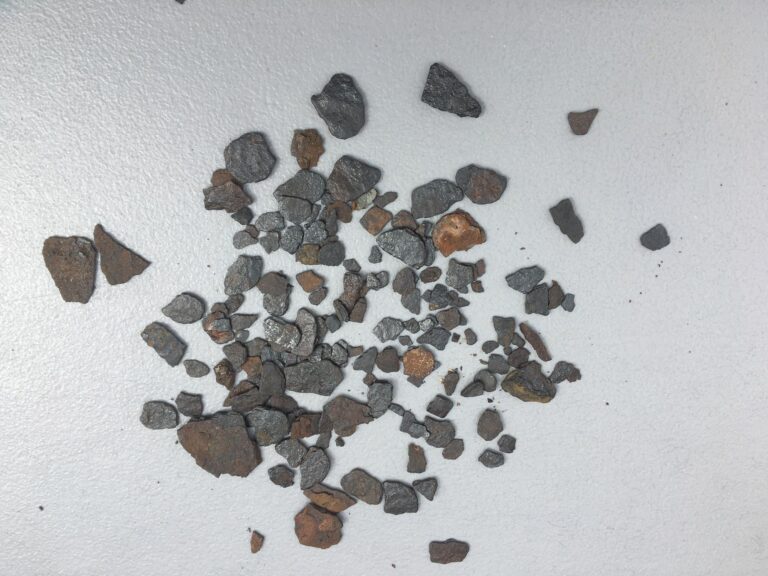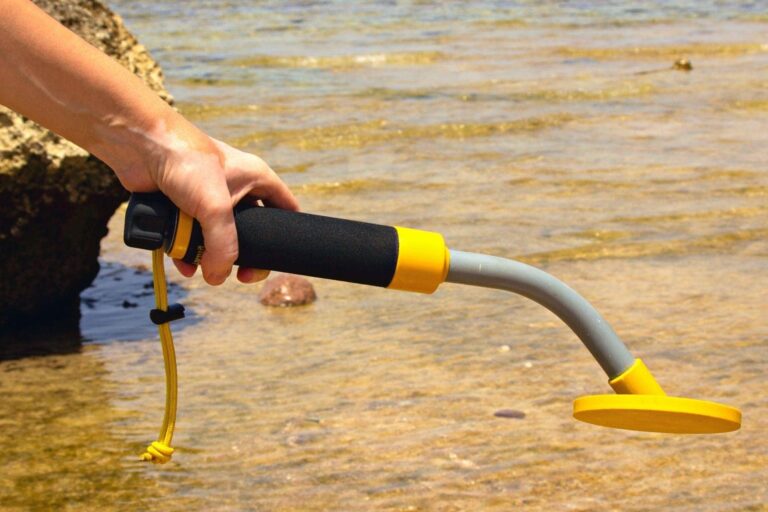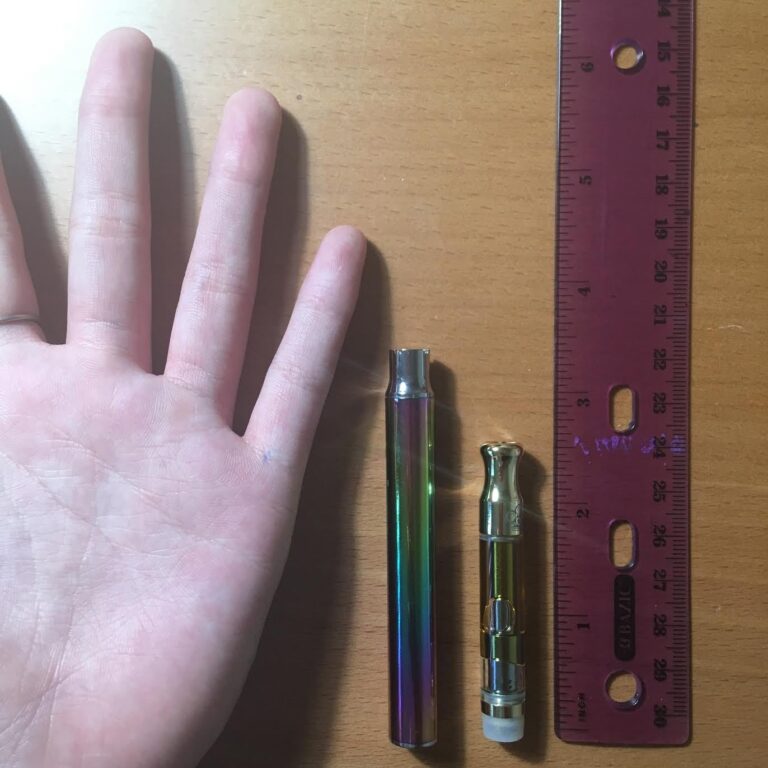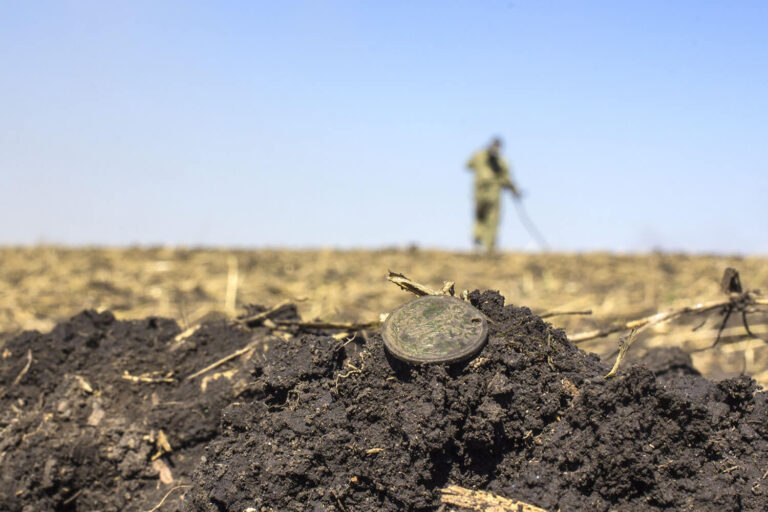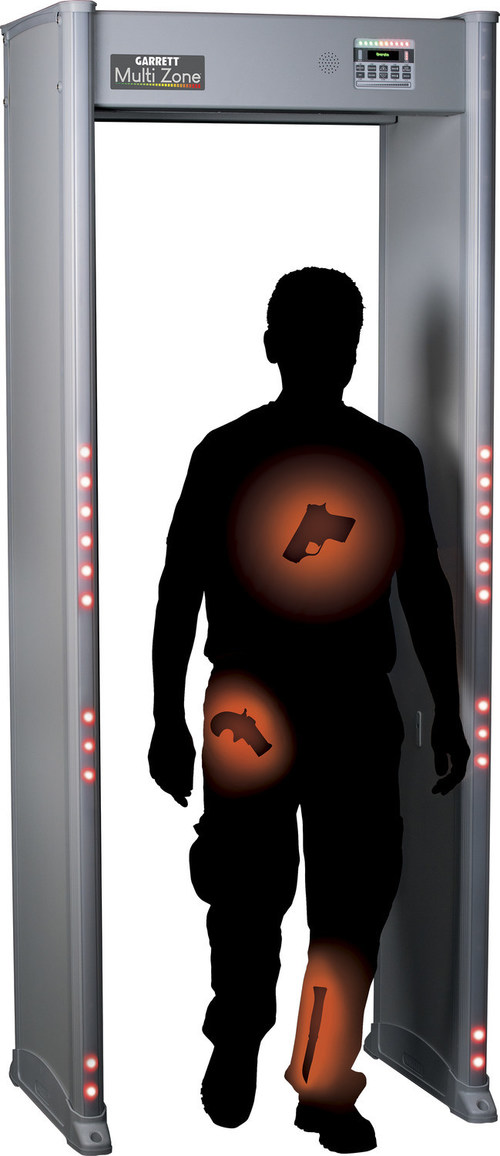What Metals Do Metal Detectors Detect
Do you know What Metals Do Metal Detectors Detect?
Metal detectors can detect a variety of metals, including both ferrous and non-ferrous metals. Ferrous metals contain iron and are attracted to magnets, while non-ferrous metals, such as copper, aluminum, and brass, do not have iron and are not attracted to magnets. Metal detectors can be calibrated to detect different types and sizes of metal objects, so they can be used to find everything from coins and jewelry to weapons and other contraband.
Metal detectors are devices that can be used to detect the presence of metals. They are often used in security applications, such as detecting weapons or other metal objects that may pose a threat. Metal detectors can also be used for mundane purposes like finding lost metal objects.
Different types of metal detectors are designed to detect other metals. The most common type of metal detector is an electromagnetic field (EMF) detector. These detectors use an electromagnetic field to sense the presence of metal.
EMF detectors can be tuned to different frequencies to optimize detection for specific metals. Other metal detectors include induction balance (IB) and pulse induction (PI) detectors. IB detectors use a magnetic field to detect metallic objects, while PI detectors use electrical pulses.
IB and PI detectors are more sensitive than EMF detectors and can be used to find smaller pieces of metal.
What Metals Will Not Set off a Metal Detector?
Some metals, including aluminum, brass, copper, lead, magnesium, tin, and zinc, will not set off a metal detector. These metals are known as non-ferrous metals and are not attracted to magnets. This means that they will not interact with the magnetic field created by the metal detector and will not be detected.
Do Metal Detectors Detect All Types of Metal?
Do metal detectors detect all types of metal? No, they do not. Metal detectors are only designed to detect certain types of metals.
Iron, nickel, and cobalt are the most common metals detected by metal detectors.
Can Metal Detectors Detect Specific Metals?
Yes, metal detectors can detect specific metals. For example, a metal detector can be set to detect only iron, or it can be programmed to detect other metals, such as aluminum or brass.
What Can Be Found With a Metal Detector?
A metal detector can be a helpful tool for finding all sorts of things, from buried treasure to lost keys. But what exactly can you find with a metal detector? Just about anything made of metal!
This includes coins, jewelry, and other small metal objects. Metal detectors can also sometimes find larger objects like pipes or rebar in concrete. Of course, only some pieces of metal will be valuable or exciting.
Many junk metals like aluminum foil or tin cans will set off a metal detector, so learning how to discriminate between the trash and the treasures takes some practice.
What Metals Do Airport Metal Detectors Detect
Airport security metal detectors are designed to detect a variety of metals, including both ferrous and non-ferrous metals. Ferrous metals, such as iron and steel, are detected by the magnetic field generated by the metal detector. Non-ferrous metals, such as aluminum and copper, are detected by the electrical conductivity of the metal.
The type of metal detector used at an airport will determine which types of metals can be detected.
What Metals Do Metal Detectors Not Detect
Metal detectors are frequently used to find hidden metal objects, but there are some metals that they cannot detect. The most common metals metal detectors cannot detect are aluminum, copper, and brass. These metals are not magnetic, so they will not be detected by a metal detector.
Other non-magnetic metals include lead and stainless steel. Some metal detectors can detect lead, but it must be in a large enough concentration for the machine to pick up on it. Stainless steel is difficult to detect because it contains iron, which is magnetic, but the amount of iron in stainless steel is too small for most machines to register.
Generally, any metal that is not magnetic will be difficult or impossible for a standard metal detector to find.
Can Metal Detectors Detect Stainless Steel
If you’re wondering if a metal detector can detect stainless steel, the answer is yes! Stainless steel is a type of metal that is made up of iron and chromium. It’s used in various applications, from kitchen utensils to surgical instruments.
While most metal detectors can detect stainless steel, some are better at it than others. Consider the Garrett AT Pro Metal Detector if you’re looking for a metal detector that does a great job detecting stainless steel. This detector features discrimination control, which allows you to filter out unwanted metals like aluminum or copper.
Conclusion
Metal detectors can find all sorts of metals, including iron, aluminum, copper, brass, and lead. However, some metal detectors are better at finding certain types of metals than others. For example, a metal detector that is designed to find gold will be less effective at finding silver.



